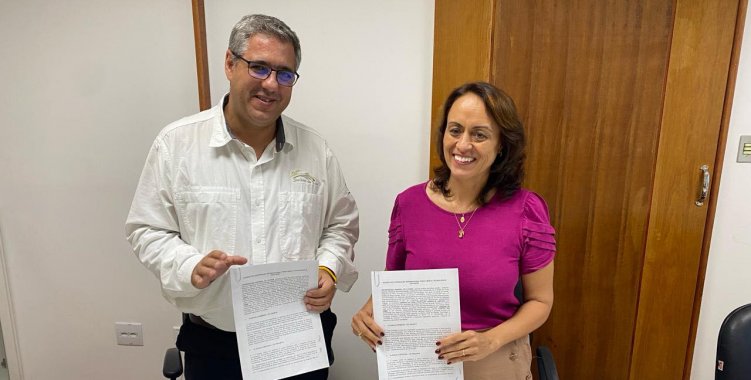The signing of this agreement took place in Brazil, last month, as part of a visit that entities from Jardins da Yoba carried out to UFLA, between the 25th and 27th of March.
According to João Saraiva, general director of Jardins Yoba, the agreement to transfer technologies in rice cultivation will be of "great importance in combating hunger and poverty" in Angola.
"Highland rice, as a crop that does not require large investments in infrastructure, is suitable for the family farming system predominant in Angola", said the official, quoted in a UFLA statement, to which VerAngola had access.
On the occasion, João Saraiva also highlighted that "access to this technological package will be strategic for the development" of agriculture.
"Access to this technological package will be strategic for the development of our agriculture, as well as transversal training programs, in a training model extended to technicians, university professors and students", he said, adding that this training model has been successful and they intend to "expand the partnership to other areas of knowledge".
Flávia Botelho, representative of UFLA in the agreement, "the development and launch of strains adapted to biotic (diseases, pests, etc.) and abiotic (frost, drought, etc.) stresses for a given region is extremely important for increasing grain productivity in a constant and sustainable way", reads the statement from the Brazilian university.
According to the note, rice cultivation is considered important, especially in developing countries, where this crop can have a direct influence on "income, health, environment and social well-being, as in the case of Angola, a since it is considered, together with beans, the basis of the population's diet", and "Angola currently produces 25 thousand tons of rice per year, which is far below the 400 thousand tons imported annually".
Thus, Flávia Botelho justified the importance of the project, having highlighted that the agricultural domain is relevant both in terms of promoting self-sufficiency and food security, as well as in relation to the "supply of raw materials for the manufacturing industry and for the job creation".
She also said that the university will participate in "one of the biggest social and economic transformations" in Angola. "The University will participate in one of the biggest social and economic transformations in the Angolan country, contributing substantially to the fight against hunger and malnutrition, building sustainable agriculture with a relevant impact on society in general", she pointed out, cited in the statement.







